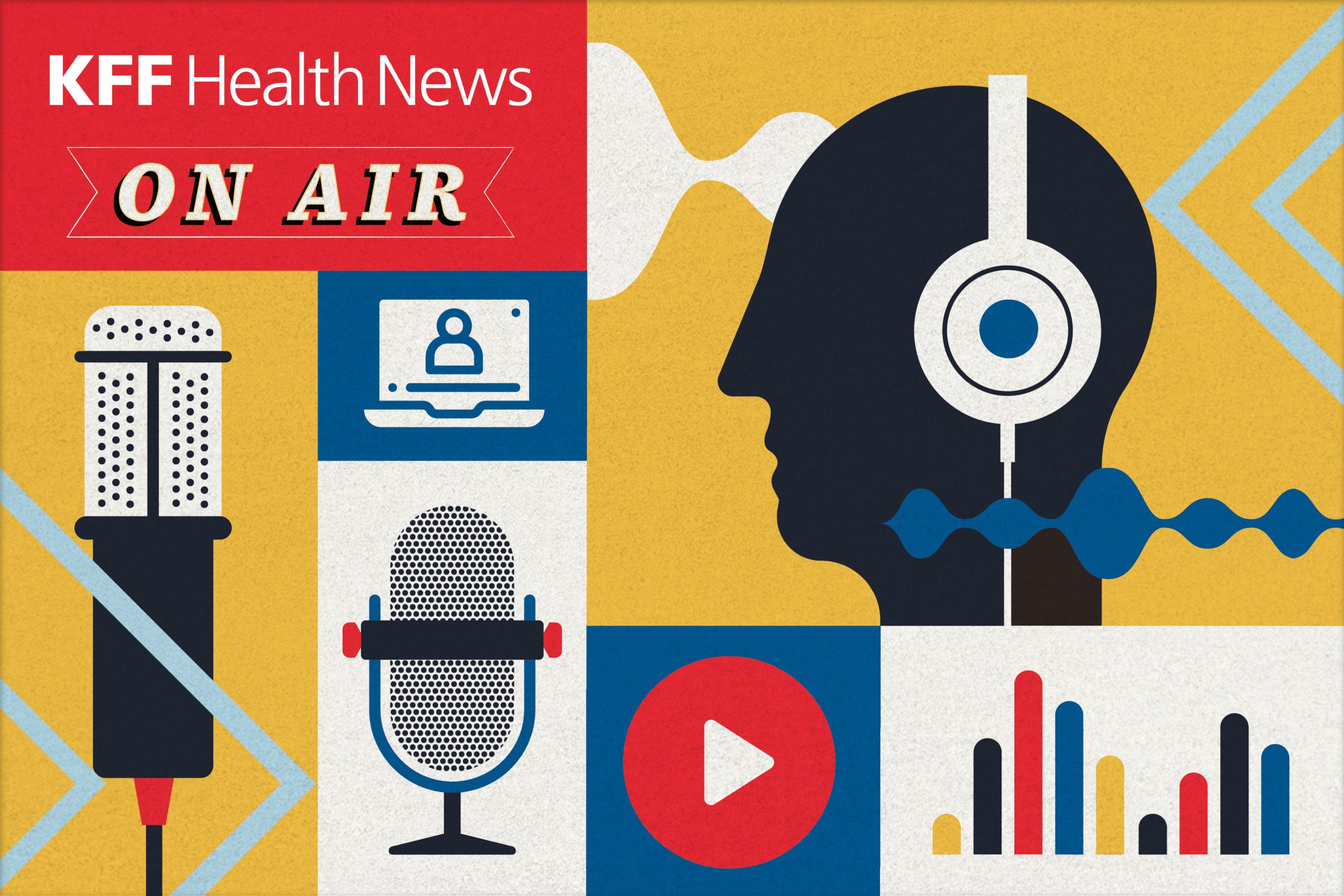KFF Health News Midwest correspondent Cara Anthony and Emily Kwong, host of NPR’s podcast “Shortwave,” talk about Black families living in the aftermath of lynchings and police killings in their communities. Anthony shares her southeastern Missouri-based reporting from “Silence in Sikeston,” a documentary film, podcast, and print reporting project. She discusses the latest research on the health effects of racism and violence, including the emerging, controversial field of epigenetics.
Hear the full podcast episodes Anthony and Kwong reference from “Silence in Sikeston” here. They discuss material from Episode 1, “Racism Can Make You Sick”; Episode 2, “Hush, Fix Your Face”; and Episode 3, “Trauma Lives in the Body.”
In 1942, Mable Cook was a teenager. She was standing on her front porch when she witnessed the lynching of Cleo Wright.
In the aftermath, Cook received advice from her father that was intended to keep her safe.
“He didn’t want us talking about it,” Cook said. “He told us to forget it.”
More than 80 years later, residents of Sikeston, Missouri, still find it difficult to talk about the lynching.
Conversations with Cook, who was one of the few remaining witnesses of the lynching, launch a discussion of the health consequences of racism and violence in the United States. Racial equity scholar Keisha Bentley-Edwards explains the physical, mental, and emotional burdens on Sikeston residents and Black Americans in general.
“Oftentimes, people who experience racial trauma are forced to not acknowledge it,” Bentley-Edwards said. “They’re forced to question whether or not it happened in the first place.”
When Anthony uncovered details of a police killing in her own family while reporting this project, she unpacked her family’s story with Aiesha Lee, a licensed professional counselor and an assistant professor at Penn State.
“This pain has compounded over generations,” Lee said. “We’re going to have to deconstruct it or heal it over generations.”
We encourage organizations to republish our content, free of charge. Here’s what we ask:
You must credit us as the original publisher, with a hyperlink to our kffhealthnews.org site. If possible, please include the original author(s) and KFF Health News” in the byline. Please preserve the hyperlinks in the story.
It’s important to note, not everything on kffhealthnews.org is available for republishing. If a story is labeled “All Rights Reserved,” we cannot grant permission to republish that item.
Have questions? Let us know at KHNHelp@kff.org



